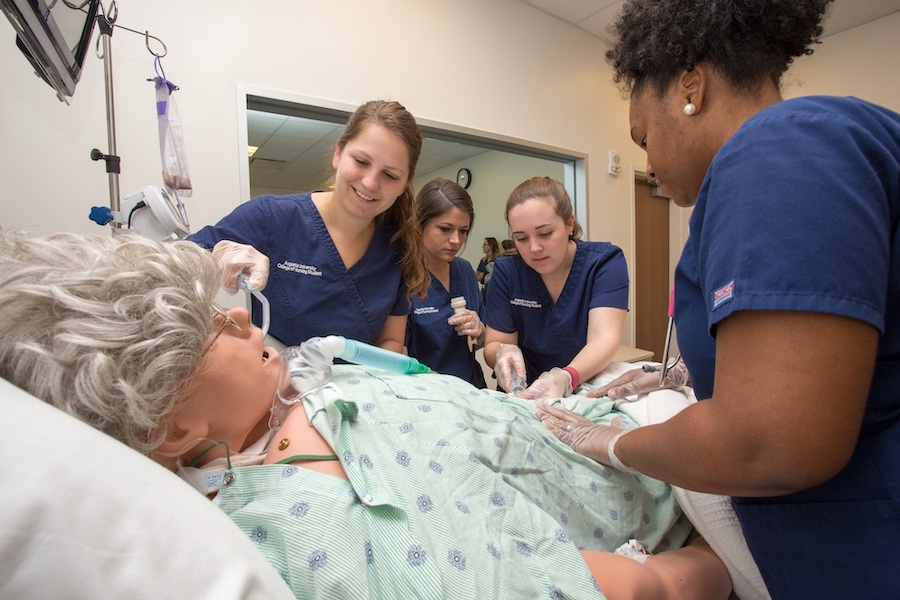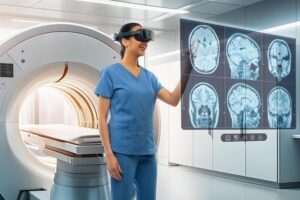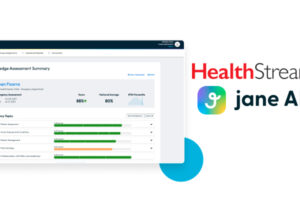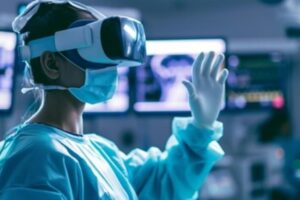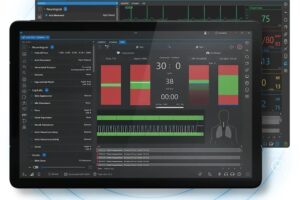Clinical Simulation
Clinical Simulation is a way for a Simulation Center to replicate real-world healthcare scenarios in an environment that is safe for education and experimentation purposes. The term “Clinical Simulation” can be broadly defined as the use of tools, devices, and/or environment to mimic a particular aspect of clinical care. Other more common terms for the phrase include Healthcare Simulation, Medical Simulation, Nursing Simulation, Simulation in Healthcare, and Surgical Simulation.
There are a number of advantages to utilizing clinical simulation-based learning. For example, through Clinical Simulation experiences, learners are able to challenge themselves to properly treat real-life clinical scenarios while essentially receiving in-classroom instruction. Additionally, such a wide range of easily accessible learning opportunities provides the freedom to make mistakes and learn from them. The clinically simulated learning environment is also readily available and customizable, adding to the tool’s usefulness in clinics.
While oral exams, written tests, and assigned readings are traditional methods of secondary education, a Clinical Simulation uses technological advances to provide an accurate simulation for first-hand learning. This presents students or healthcare professionals the opportunity to learn from hands-on experience without putting actual patients at risk.
Sponsored Content:
Another reason why Clinical Simulation is especially useful in academic settings is that it affords instructors a clear picture of a learner’s ability and skill set. Within a protected environment in which learners can use to perfect their skills, instructors can use the simulation to address concerns and errors in real-time. Thus, Clinical Simulation is an effective way to provide accurate feedback and evaluation of all student abilities.
HealthySimulation.com is dedicated to providing the latest Clinical Simulation news resources from around the world. To follow along, sign up for our free medical simulation email newsletter, follow @HealthySim on Twitter and @HealthySim on Facebook, or join our HealthySim LinkedIn Group!
Clinical Simulation Basics
Through the use of Clinical Simulation, learners are able to take part in a variety of classroom activities which are intended to provide a means to practice scheduled, valuable learning experiences. This is important because before simulation extended these possibilities, such realistic learning opportunities were hard to come by.
Sponsored Content:
By addressing hands-on activities and logical thinking skills, including knowledge-in-action principles and procedures, participants are able to strengthen their decision-making and communication skills overall. Simulated learning scenarios can further improve learners’ ability to work in groups and teams, and to manage intensive workloads. Coordinating treatment under stress is something that can be prepared for by practicing under high-intensity circumstances.
Ranging from preventive care to invasive surgery, the gamut of training possibilities using manikin, virtual anatomy trainers, medical simulators, audiovisual recording debriefing systems, and more helps to produce well-rounded, knowledgeable healthcare professionals. Since education and academic training professionals can portray any clinical situation at will, they are able to schedule learning opportunities at convenient times and locations — including virtual settings.
Another reason why Clinical Simulation is especially useful when teaching learners is that they can repeat a module until they have achieved a successful outcome. After all, they say practice makes perfect! This is true in the realm of healthcare training and education as well.
All-in-all, working in a Clinical Simulation-based environment allows learners to make elementary mistakes often made in the field, without the need for intervention by experts to stop or reduce patient harm. By seeing the outcome of their mistakes, learners can gain insight into the direct consequences of their actions. This reinforces the importance of accuracy in action.
Clinical Simulation Benefits
There are numerous benefits associated with Clinical Simulation use. Aside from alleviating patient risk, the practice additionally offers the ability to accommodate a range of learners, from novices all the way to experts. Within traditional classroom settings, finding a way to manage and teach individuals with a wide range of skill sets can prove extremely challenging. Clinical Simulation provides a way to instruct multiple people, providing them all specific and tailored feedback.
Beginners can use this simulation technology to gain confidence and “muscle memory” for procedures and tasks that they often be expected to perform in the field. With Clinical Simulation, experts can more efficiently master the continuously growing array of new and advancing technologies. These technologies could potentially include minimally invasive surgeries, catheter-based therapies robotics-based procedures and more.
Next, Clinical Simulation offers a way to produce complex procedures and rare diseases for which there are simply not enough opportunities available for practice. In order to practice treating someone with a rare or extreme condition, there used to be a physical patient present for learning and experimentation purposes. This is a gap that simulation training methods can help fill.
Click Here to Connect to Leading Clinical Simulation Vendors!
This is especially true for both a person new to or inexperienced in a field or certain situation and established healthcare professionals. Examples of unique circumstances that need proper training treating could potentially include heart attacks in an outpatient clinic settings, severe allergic reactions or the handling of a case of malignant hyperthermia in the operating room.
In the article, “Using clinical simulation to study how to improve quality and safety in healthcare,” authors, Guillaume Lamé and Mary Dixon-Woods, confirm this notion. They explain that, “Simulation can offer researchers access to events that can otherwise not be directly observed, and in a safe and controlled environment.”
Lamé and Mary Dixon-Woods also note that some of the conditions of clinical practice and enable learners to practice in a safe environment. They explain that, more recently, Clinical Simulation has been used as a technique for supporting improvement in healthcare systems and processes, for example, by helping to diagnose problems or test new approaches before they are deployed for real.
Aside from being able to practice at any time and in a variety of settings, Clinical Simulation is now a preferred method of education because real events and the pace of actual healthcare operations do not allow for the best review and learning.
Learners must be taught about why things took place or how to improve performance. Controlled simulations can be immediately followed by videotape-supported debriefings or after-action reviews that richly detail what happened. This helps to ensure that learners receive the most thorough examination of their actions — helping them from repeating errors.
Overall, Clinical Simulation, including surgical and task simulators, are capable of gathering a large amount of data regarding what the learner is actually doing in comparison to their target goals. These performance maps and logs provide a reliable and necessary feedback mechanism to learners. These logs also help instructors target necessary improvements to be sure their learners are on the right track to successful clinical outcomes.
Clinical Simulation Latest News

Boosting Healthcare Simulation Outcomes Through Attention to Detail
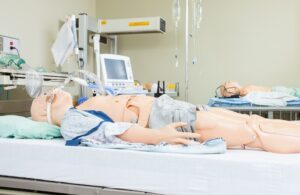
How to Start a Healthcare Simulation Program in a Small or Rural Hospital
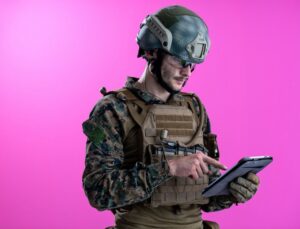
Education Management Solutions for Military Mobile Simulation

Clinical Simulation Research Focus: Debriefing Faculty Aspects
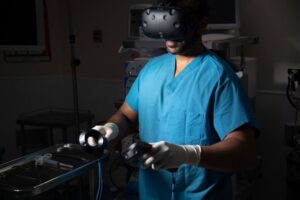
HTC Vive Designs Virtual Training Solutions for Healthcare
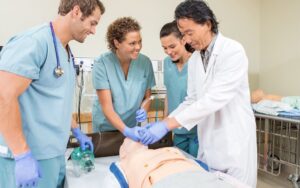
Clinical Simulation Research Focus: Debriefing Specific Learner Groups

Clinical Simulation Research Focus: Debriefing Methodology

Clinical Simulation Research Focus: Debriefing Literature Reviews 2023

Healthcare Simulation Research Update September 2023
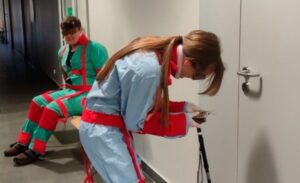
How to Use Empathy Suits in Clinical Simulation to Give Students the Patient Experience

Healthcare Simulation Research Update August 2023
Sponsored Content:



